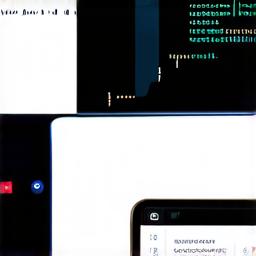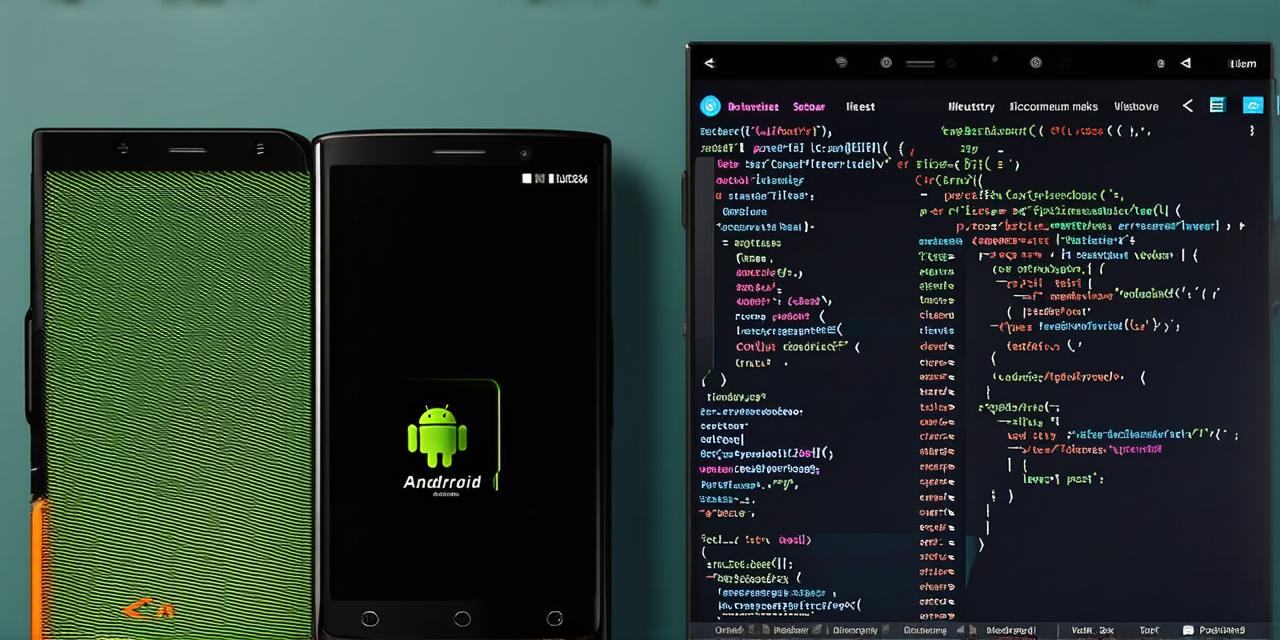1. Integrated Development Environments (IDEs)
Integrated Development Environments (IDEs) are the backbone of Android development. An IDE provides a complete environment for developers to write, edit, test, and debug code. There are many IDEs available for Android development, but some of the most popular ones include:

Android Studio: Android Studio is Google’s official IDE for Android development. It is free and open-source and offers a wide range of features such as syntax highlighting, code completion, debugging tools, and more.IntelliJ IDEA: IntelliJ IDEA is another popular IDE for Android development. It is also free and open-source and offers many of the same features as Android Studio.Eclipse: Eclipse is an open-source IDE that has been around for a long time. While it is still used by some developers, it is no longer as popular as Android Studio or IntelliJ IDEA.
2. Debugging Tools
Debugging tools are essential for any developer, and Android development is no exception. There are many debugging tools available for Android development, but some of the most popular ones include:
Logcat: Logcat is a command-line tool that allows developers to view log messages from their app. It can be used to diagnose issues with your app and to monitor its performance.DDMS (Developer Tools for Mac and Windows): DDMS is a GUI-based tool that allows developers to inspect the internal workings of their app on an Android device. It can be used to view memory usage, CPU activity, network traffic, and more.X Debugger: X Debugger is a debugging tool that allows developers to debug apps running on an Android device from their computer. It works in conjunction with Android Studio and IntelliJ IDEA.
3. Testing Frameworks
Testing frameworks are an essential part of any development process, and Android development is no exception. There are many testing frameworks available for Android development, but some of the most popular ones include:

JUnit: JUnit is a unit testing framework that allows developers to write automated tests for their code. It is widely used in Android development and has support for both Java and Kotlin.Espresso: Espresso is an end-to-end testing framework that allows developers to test the entire lifecycle of their app, from launching the app to performing actions on its UI elements.Robolectric: Robolectric is a testing framework that allows developers to test their app’s UI components in isolation. It can be used to test individual UI elements or entire layouts.
4. Version Control
Version control is an essential tool for any developer, and Android development is no exception. There are many version control systems available for Android development, but some of the most popular ones include:

Git: Git is a distributed version control system that allows developers to collaborate on code changes. It is widely used in Android development and has support for both Java and Kotlin.Subversion (SVN): Subversion (SVN) is a centralized version control system that allows developers to work together on code changes. While it is not as popular as Git, it is still used by some developers.
5. Continuous Integration/Continuous Deployment Tools
Continuous Integration/Continuous Deployment (CI/CD) tools are essential for any development team that wants to ensure the quality and reliability of their app. There are many CI/CD tools available for Android development, but some of the most popular ones include:
Jenkins: Jenkins is a popular open-source CI/CD tool that can be used for both Android and web development. It supports a wide range of plugins and integrations and has a large community of developers.
